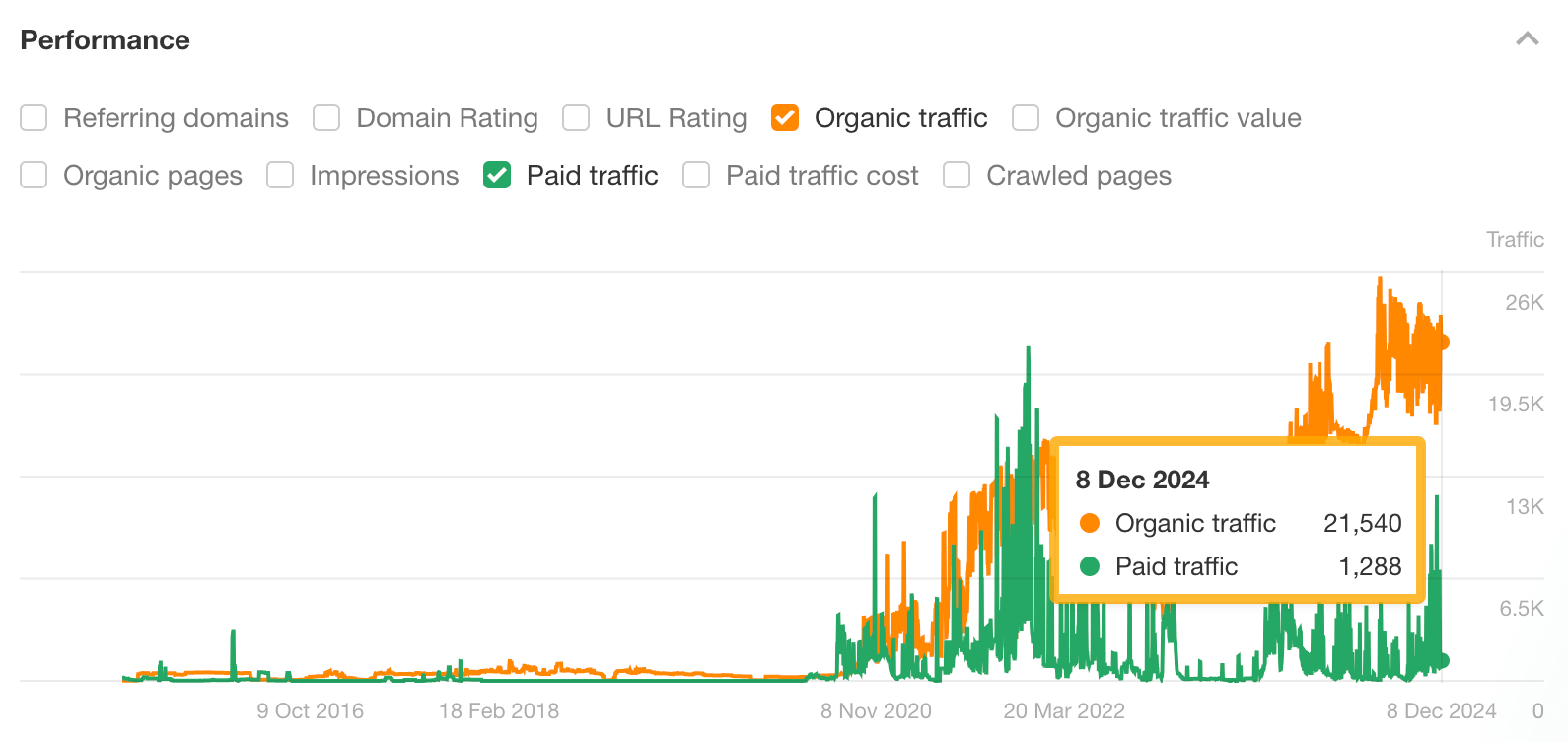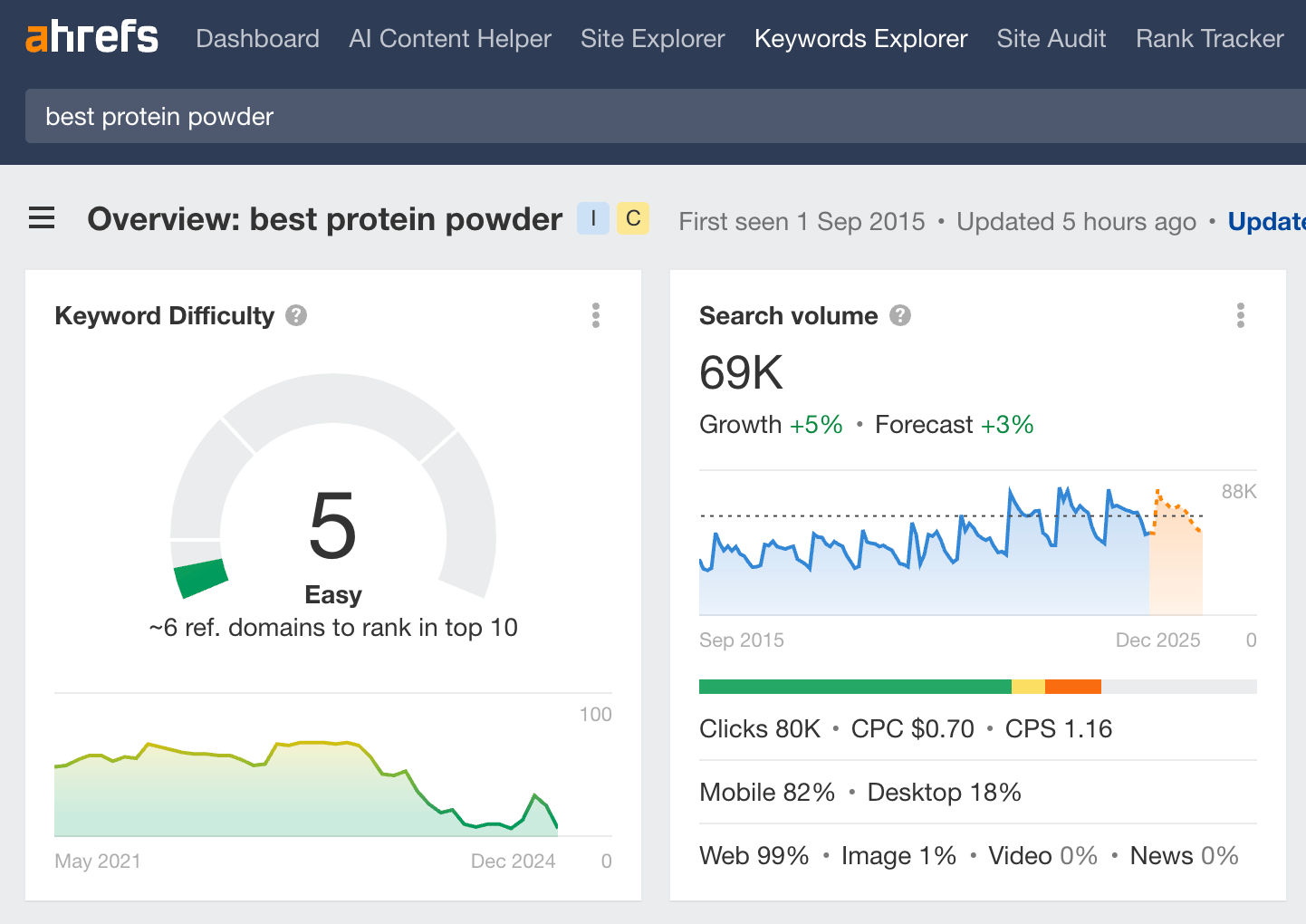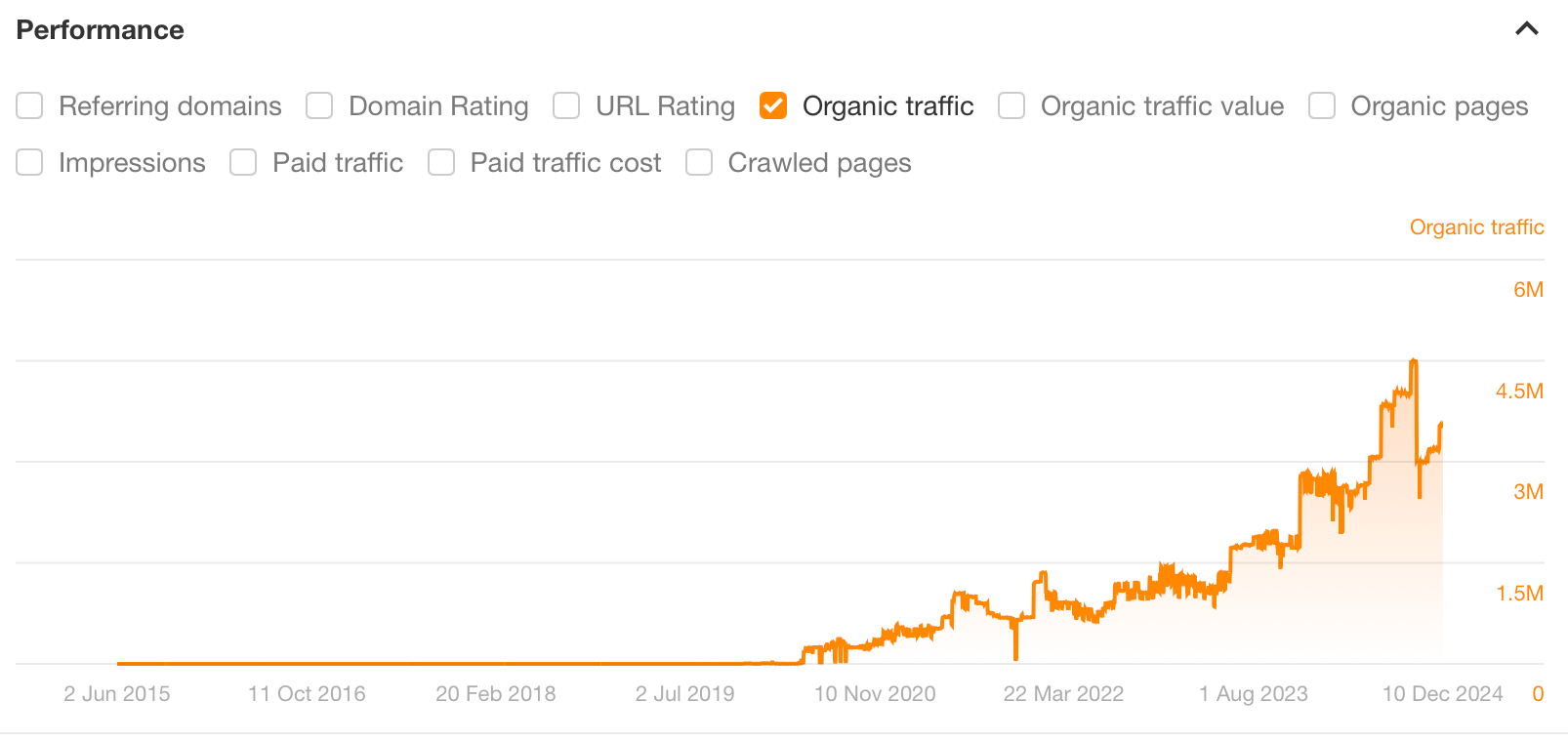One of Google Cloud’s killer products is Google Kubernetes Engine, or GKE. Since Google was the original creator of the Kubernetes container scheduler, it’s fitting that they are considered to be at the forefront of Kubernetes management and development. In spite of the fact that Kubernetes is now managed by the Cloud Native Computing Foundation, Google is still a major contributor to the open-source Kubernetes project on Github. Let’s take a look at Google’s hosted version of Kubernetes and why so many cloud users prefer it to the competition.
GKE Overview
Google Kubernetes Engine is a hosted environment that can run your containerized applications. Unlike Google Compute Engine, which lets you run virtual machines with the operating system of your choice, Google Kubernetes Engine takes your application or code that is packaged into a Docker container and manages it according to your specifications. Ideally, the same containers that have gone through your testing and QA process can now be run at-scale in production, with the backing of Google’s security, availability, and management.
GKE was made publically available in 2015, after being used behind-the-scenes for many Google services (like Gmail and YouTube) for over 10 years. After open-sourcing the Kubernetes software, Google set up a hosted version so users didn’t have to worry about running the master node themselves. This hosted master node has built-in high availability, health checks, and an easy-to-use developer dashboard.
GKE manages Virtual Machines that containers are running on by using their own container-optimized OS. These VMs can scale up or down based on container load and application requirements, and can even utilize preemptible VMs for batch or low-priority jobs. The pricing of GKE is based solely on the number of seconds that those compute resources exist, as there’s no additional costs for the Kubernetes masters that you run for the clusters.
GKE vs. The Competition (AKS, EKS, and ECS)
Google Kubernetes Engine is often seen as the leader in hosted Kubernetes environments, both because Google wrote the original software, and because a decade of experience running it on some of the largest scale websites in the world is hard to discount. Google also had a two-year head start on Microsoft’s AKS service and a three-year head start on Amazon’s AKS platform, which helped work out the kinks and build brand awareness.
There are also some technical reasons why GKE is a superior choice. Google deploys the latest version of Kubernetes faster than other providers, so you’re always on the bleeding edge of development. Clusters typically spin up faster, more nodes are allowed per cluster, and new workers start quicker. SOC and ISO compliance can be a factor for large organizations. The user experience of the Kubernetes dashboard is also noticeably better than some alternatives.
You Down With GKE? (Yeah, You Know Me)
At the end of the day, the biggest question we get asked about services like Google Kubernetes Engine is, “Should I use Google Kubernetes Engine for my containers?” As always, the answer is nuanced. If you aren’t embedded in a particular cloud provider (or if you have a multi-cloud strategy), then GKE is certainly a step above other hosted Kubernetes services. Throw in the fact that you don’t pay for master nodes, and it makes financial sense as well. However, if you’re fully committed to a different cloud provider, then the native container management tools are good enough to get the job done.
Content Copyrights Belong to The Author. All Rights Reserved.
We're A Dallas Digital Marketing Agency That is Experts At Social Media Marketing, Website Design and Emarketing and Promotion.



